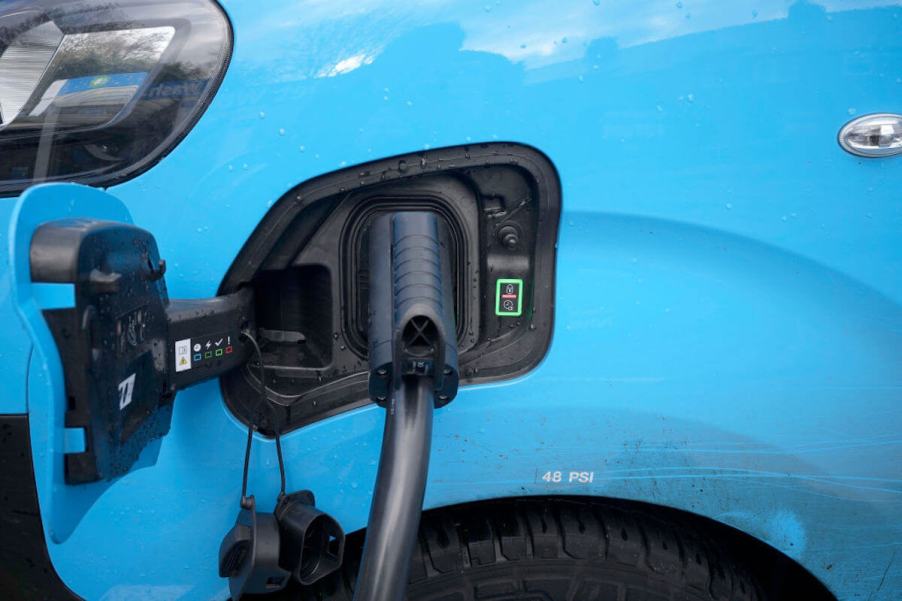
Own an EV in Texas? You’ll Pay A $200 Annual Fee: Will Other States Follow?
Fees for EVs have hung over owners forever. States use gasoline taxes to pay for infrastructure and other traffic-related costs. It has been a thorn in gasoline-powered owners’ sides, especially as the number of EVs increases but pay nothing. Until now, at least in Texas, where the dawn of fees accessed to EVs is here.
How much do gas taxes pay toward infrastructure?

The Texas governor still must sign the bill that has passed the legislature. According to the Tax Policy Center, the Congressional Budget Office says the federal excise tax covers 84% of highway funding and almost 30% of state funding.
States are approaching the discrepancy in different ways. For some states, doubling registration and licensing fees for EVs is the answer. With the Texas fee passing the legislature unanimously, the state is handling things differently. Some are unhappy with the approach. Not with the idea of an EV fee, but because there are other factors that they say make it bad.
What do critics of the EV fee say?

First, some say that the fee for EVs will replace gasoline taxes. If that is true, then EVs will shoulder the burden, inflicting onto EVs what gas car owners say has been unfair. They say there is no parity.
But critics also say the fee is too much. They cite a Consumer Reports study showing that new vehicles in Texas only pay $71 in gas taxes annually. Others say that the gas tax hasn’t changed since 1991, so it’s time to overhaul the entire infrastructure tax.
What do proponents of the EV fee say?

“If there’s a $200 fee, the driver of a Nissan LEAF, which is efficient, might be paying as much as a driver of a gas-powered Hummer, which is ridiculous,” Environment Texas’ Luke Metzger told Carscoops. “Really, the driver of a Nissan LEAF is providing great benefits to the state of Texas in terms of cleaner air and has much less impact on the road than a Hummer. But they’d be paying the same fee.”
But countering Metzger’s concerns are those feeling since EVs are “premium segment” vehicles, their affluent owners can afford them. Consumer Reports says, “The additional fee at registration may be the easiest method of recouping some of the lost gas tax revenue.” It points to a high annual fee that punishes EV drivers that chose a non-polluting vehicle over a gas-powered car.
What about when used EV prices come down?

The fee also doesn’t factor in how many miles the EV is actually driven. This puts a higher burden on EV owners that don’t drive a lot. And as EVs become more affordable on the secondary market, it hurts lower-income owners.
As with everything, there are two sides, and several ways to apply taxes and fees fairly. Or, as fairly as possible given the current attempts to settle the matter.



